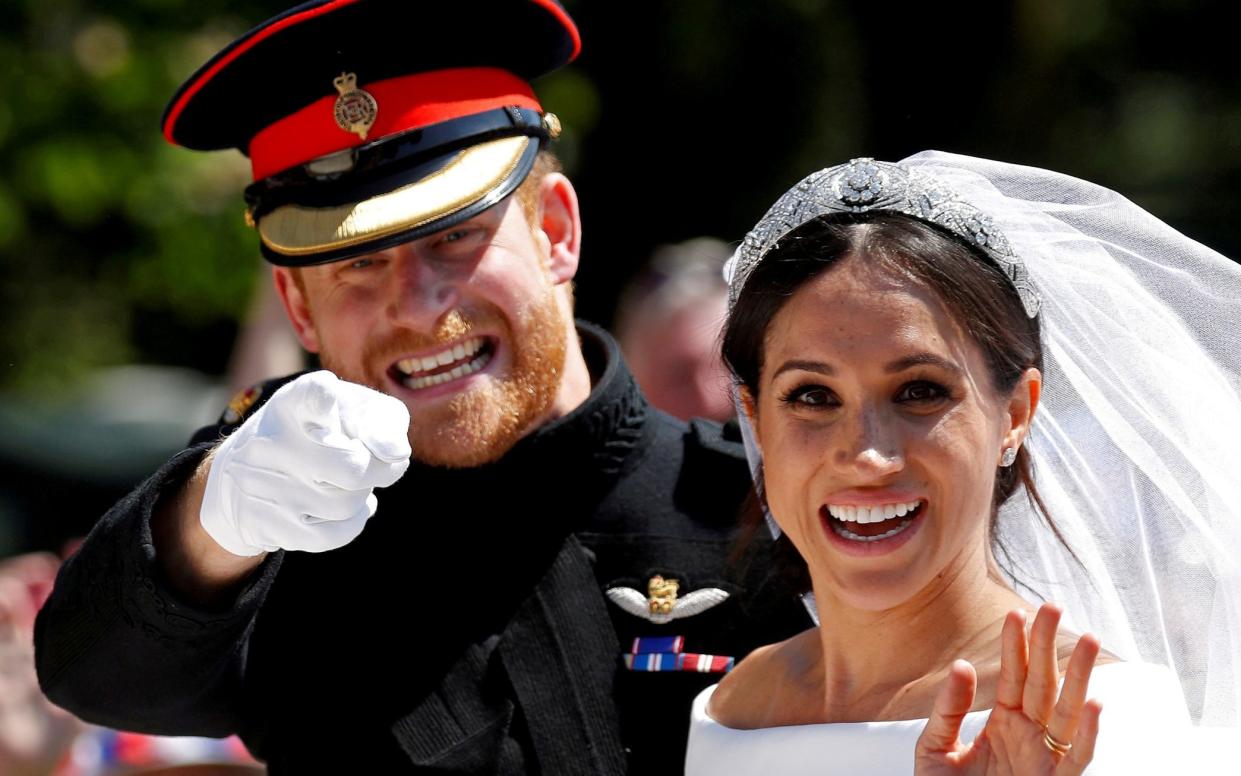High Court orders Mail on Sunday to publish Duchess of Sussex’s legal victory statement on front page

A High Court judge has made an unprecedented order for the Mail on Sunday to publish a front-page statement about the Duchess of Sussex's legal victory over its publication of her letter to her father.
It is believed to be the first time a judge has demanded such a declaration, described by media lawyers as “extraordinary” and a “hard and costly lesson” for the newspaper.
Lord Justice Warby accepted that such an order represented an “interference with freedom of expression” that needed legal justification but said the “plain and obvious” aim was to protect and vindicate the Duchess’s civil rights.
Beth Grossman, a barrister specialising in media law from Doughty Street Chambers, said: "The front page of a newspaper might be considered an appropriate place to inform the public of other things such as Covid-19, or the threat of nuclear war.
"The interference to this degree with editorial independence is, I think, really marked and - I don't want to say concerning because this is a rare decision - it is surprising."
The Duchess, 39, sued Associated Newspapers over the publication of five articles that reproduced extracts of the five-page handwritten letter sent to Thomas Markle.
She was last month granted a summary judgment, a legal step that saw the privacy claim and the bulk of the copyright claim resolved in her favour without trial.
The Duchess’s lawyers sought an order requiring Associated to publish a statement about the copyright win on the front page of the Mail On Sunday and the home page of MailOnline “to act as a deterrent to future infringers”.
Lord Justice Warby agreed, ruling that the newspaper must carry a statement about the legal victory that gave similar prominence to the original story. He will even specify font size in specific reference to a previous story.
He ordered that an 86-word notice also be printed “above the fold” on page three stating that it had “infringed her copyright” by publishing parts of the letter.
It will add: “There will be a trial of the remedies to which the Duchess is entitled, at which the court will decide whether the Duchess is the exclusive owner of copyright in all parts of the letter, or whether any other person owns a share.”
The statement must also be carried on MailOnline for a week, with a link to the full judgment.
The judge ordered the newspaper to print the judicial decision using a "discretionary power" taken from an EU directive on copyright infringement.

Robin Callender Smith, a media law professor at Queen Mary University of London and former information rights judge, said the ruling was "jaw dropping" and could have a "chilling effect" on publishers.
Julian Darrall, a partner at Wiggin LLP, described it as “extraordinary – not just because of the troubling idea of courts dictating to newspapers what they should publish, on which page, for how long and in what font - but because the publisher had already reported the outcome with a link to the judgment, and of course the ruling has been the subject of a huge amount of publicity elsewhere.”
Steven Heffer, the head of media and privacy at Collyer Bristow LLP, said the order was “highly unusual and possibly without precedent.”
“Front page apologies are a very rare thing,” he said. "Years ago the Sun published one in favour of Elton John who had been subjected to a sustained libellous attack by the paper, but that was by agreement.
“I have not previously come across an order being made to publish a statement where the case has been heard. It is a particular provision in Copyright law which the judge has relied upon, so it is pretty novel. This is a hard and costly lesson for the Mail.”
Ms Grossman added: “To a certain extent it's very surprising, partly because it is a very novel interpretation of the law and partly because it is a discretionary matter - usually the judiciary awards a certain margin for editorial judgment because newspapers have other functions apart from appeasing Meghan Markle.
"One might say it's self-defeating in a case that is about protecting someone's privacy."

Lord Justice Warby said the wording was “modest” in comparison to the many thousands of words devoted to the original story and ensuing litigation over the last two years.
He insisted that the order was not granted as a punitive measure or with the intention to humiliate.The judge also granted the Duchess a declaration that Associated “misused her private information and infringed her copyright”.
A spokesman for Associated confirmed that the judgment would be appealed as part of the wider ruling handed down last month.

 Yahoo News
Yahoo News 
